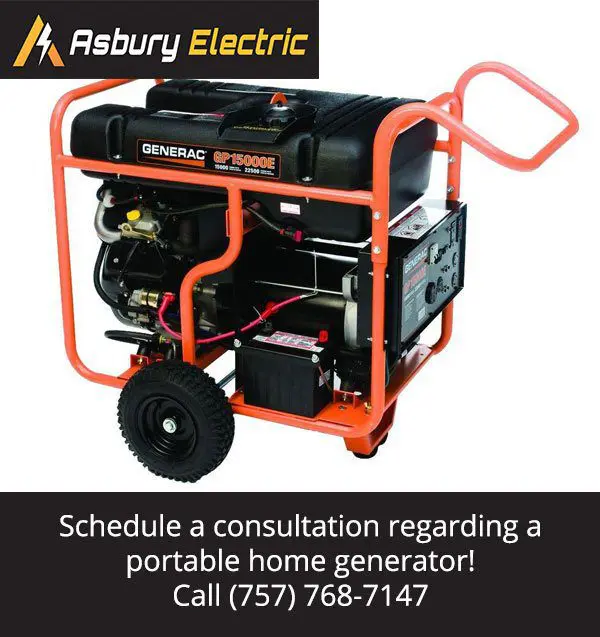There are quite a few people that would like to have a power alternative when the electrical service grid goes down. For many, the cost of a whole house generator is too expensive. While it may be extremely beneficial, because of the cost it’s just not an option. A portable home generator may be a good alternative.
How do I run my whole house on a portable home generator?
The next best thing is to be able to plug your portable home generator into your house. This can be very effective in a power outage. When setup correctly, there is no need for multiple extension cords to be run through doorways or windows to plug into your refrigerator or freezer. Unless you have a gas fueled instant water heater, you would be unable to have hot water during a power outage without a generator connected to your house.
Often times, people with enough knowledge to be dangerous, will illegally hook up a generator to a house. The reason it is illegal is that the potential for injury is high. There is a potential to “back feed” power to the grid. This is dangerous for people working on the power lines, for your equipment, and the residents of the home.
So, how can you safely run your home on a portable generator?
There are multiple options for plugging your portable generator into your house. Such as generator transfer panels and, our favorite, a manual interlock kit. This goes right into your existing panel. It also gives you access to almost every circuit in your panel, such as, your microwave, water heater, and dishwasher. The size of your portable generator and the size of your heating and a/c unit would determine if you could have a/c and heat.
Please be sure to hire a qualified, licensed and insured electrician to handle your generator sales and service and have it inspected by a county or city inspector.

